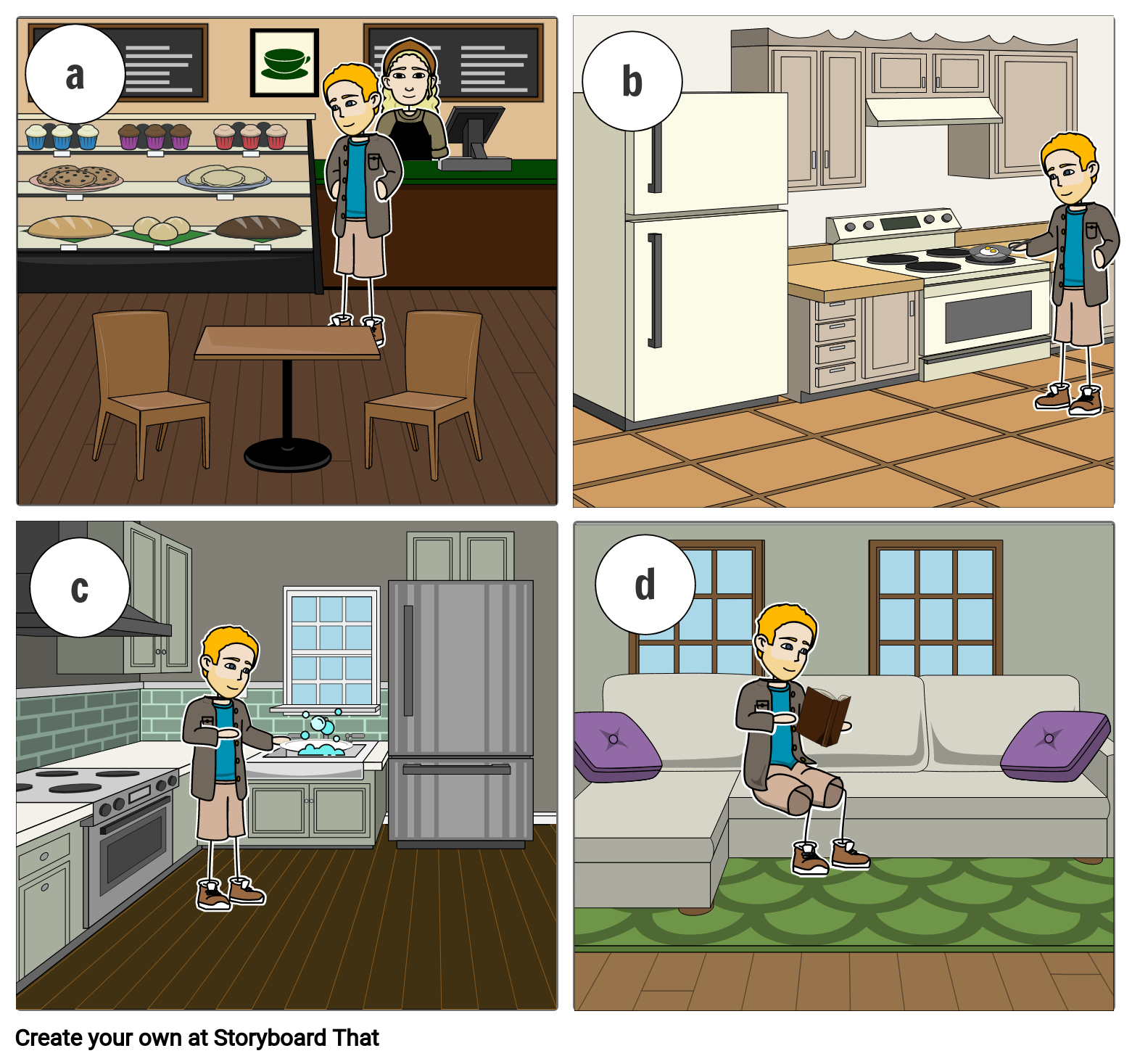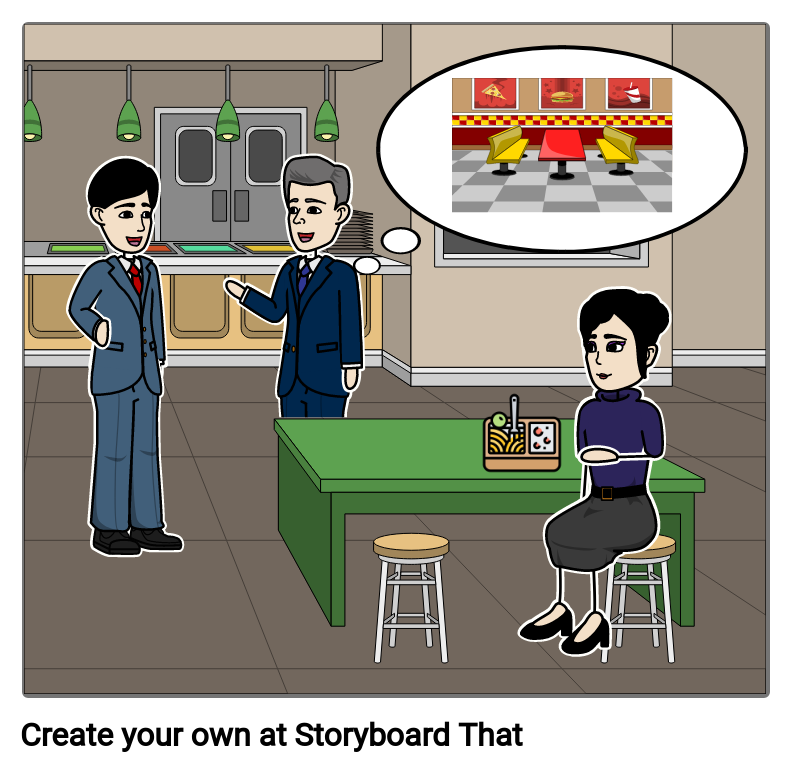PART A_1
Let’s learn new vocabulary. Listen and repeat these words with your tutor.
単語を学習しましょう。講師のあとについて音読してみましょう。
PART A_2
| 1. check 確認する | |
| 2. quality 品質 | |
| 3. interview インタビュー、面接 |
PART B_1
Let’s learn today’s phrases. Read the sentences below.
会話表現を学びましょう。以下の文章を音読してみましょう。
PART B_2
My new task is to check product quality.
私の新しい仕事は、製品の品質をチェックすることです。
His task is to make the reports.
彼の仕事は、報告書の作成です。
PART C_1
Let’s read the dialogue. I will play Ron and you will play Emma. Then, we’ll switch roles.
以下の会話文を読みましょう。最初に講師がRon、あなたがEmmaの部分を読みます。終わったら交代しましょう。
PART C_2

Hi, Emma! I just started my new work last week.
|
|
Really? What’s your task at your new work?
|

We make cleaning appliances. My new task is to check product quality.
|
|
I see. Robert works in the same company as you, right?
|

That’s right. His task is to make the reports. What about you?
|
|
I started my new work last month and my task is to interview applicants.
|

It must be stressful. Well, let’s all do our best at our new work!
|
PART D_1
Let’s read the dialogue. Read aloud, and fill in the blanks as you remember the sentence you just read.
以下の会話文を読みましょう。先ほど読んだ文を思い出しながら、空欄を埋めて音読しましょう。
PART D_2

Hi, Emma! I just started my new work last week.
|
|
Really? What’s your ______________?
|

We make cleaning appliances. ______________ to check product quality.
|
|
I see. Robert works in the same company as you, right?
|

That’s right. ______________ to make the reports. What about you?
|
|
I started my new work last month and my task is to interview applicants.
|

It must be stressful. Well, let’s all do our best at our new work!
|
PART E_1
Fill in the blanks and complete the conversation.
空欄を埋めて、以下の会話文を完成させましょう。
PART E_2
| 1. | A: What’s your task at your new work? B: ______________ to manage my team. |
| 2. | A: What does Carlos do ______________? B: His task is to double-check the materials. |
| 3. | A: Is your new task to sell products? B: Yes, ______________. |
| 4. | A: Is Claire’s new task to ______________? B: No, her new task is to contact the customers. |
| 5. | A: What’s Nina’s task at her new work? B: Her task is to ______________. |
| 6. | A: What does Lucas do at his new work? B: ______________ to test the products. |
PART F_1
Let’s do a roleplay. Talk with me according to the situation below, using the expressions you just learned.
ロールプレイをしましょう。以下のシチュエーションに沿って、講師と話をしましょう。この時、今日習った表現を使ってみましょう。
PART F_2
You and your friend got recently hired at different companies. Talk about your new tasks and ask him/her about his/her new tasks, too. Your tutor will pretend to be your friend.
あなたとあなたの友人は、最近それぞれ別の会社で採用されました。あなたの新しい仕事について話し、友人にも聞いてみましょう。講師はあなたの友人のふりをします。
PART F_3
REVIEW AND FEEDBACK
Now, let us review the things that you learned in this lesson.
ではこのレッスンで学んだことを振り返りましょう。
(Please give a short feedback on how your student did in your class.)
| Grammar 文法 |
Pronunciation 発音 | Vocabulary 単語 |
Comprehension 理解 |
|
|---|---|---|---|---|
 GOOD GOOD |
文法の誤りはほとんどなく、完全な文章で話すことができる | ほとんどの単語をはっきりと正しく発音することができる | 習った表現を適切に使うことができる | 文章を理解し、質問に正しく答えることができる |
 FAIR |
文法の誤りはあるが、完全な文章で話すことができる | 発音の練習が必要な言葉がいくつかある | たまにミスはあるが、習った表現を適切に使うことができる | 文章を完全に理解するのは難しく、質問に正しく答えられないときもある |
 POOR |
文章で話すのは難しく、単語だけで話すことができる | 発音の練習が必要である | 習った単語と表現を少しだけ使うことができる | 文章を理解するのは難しく、質問に答えるのは難しい |







